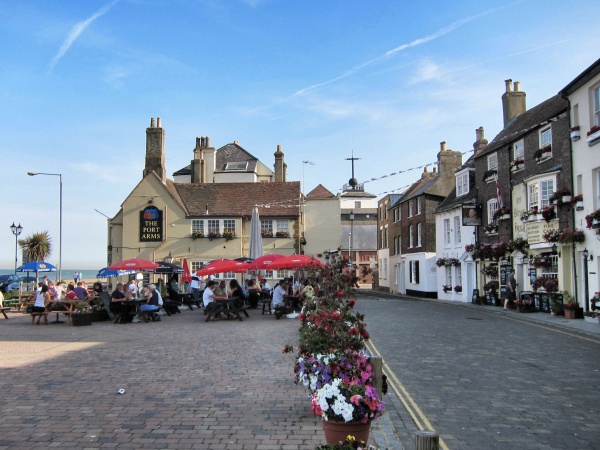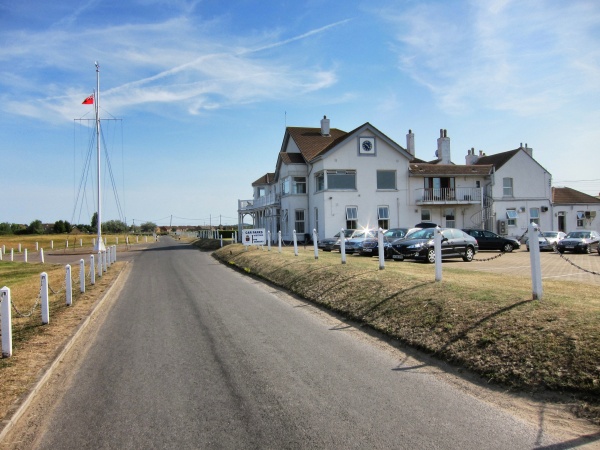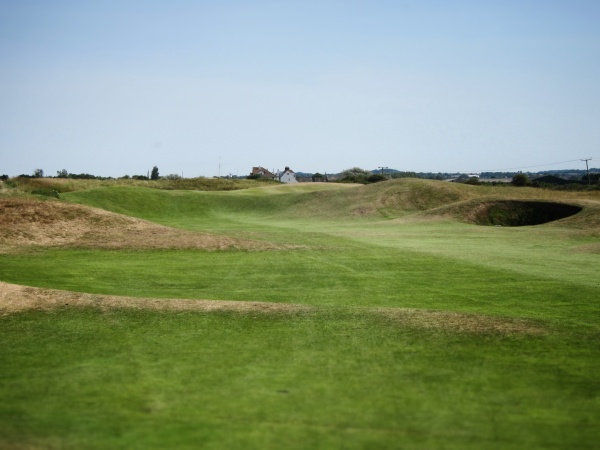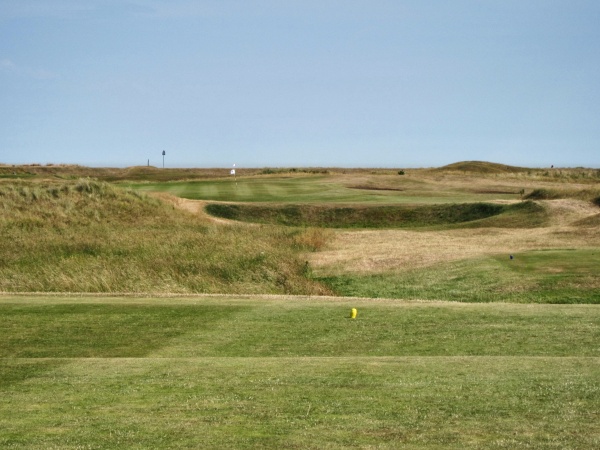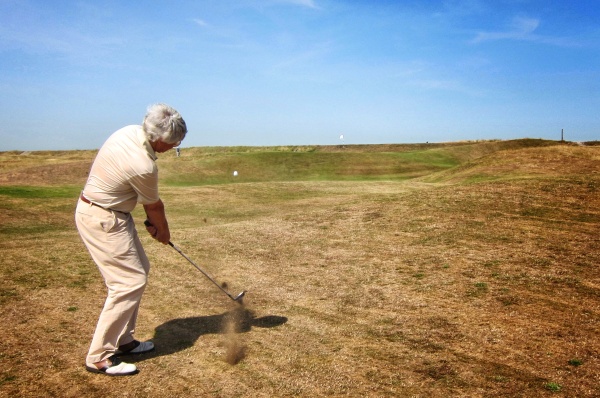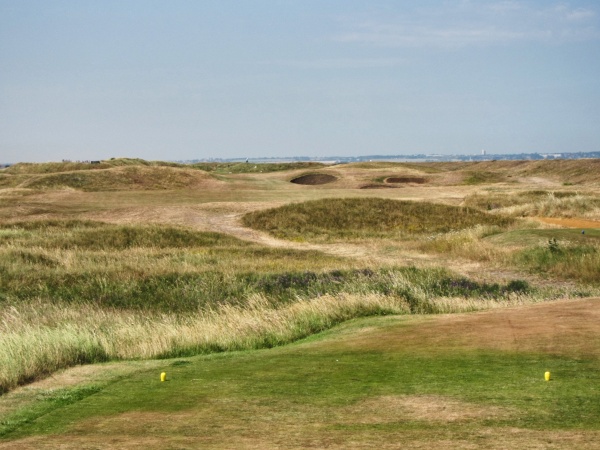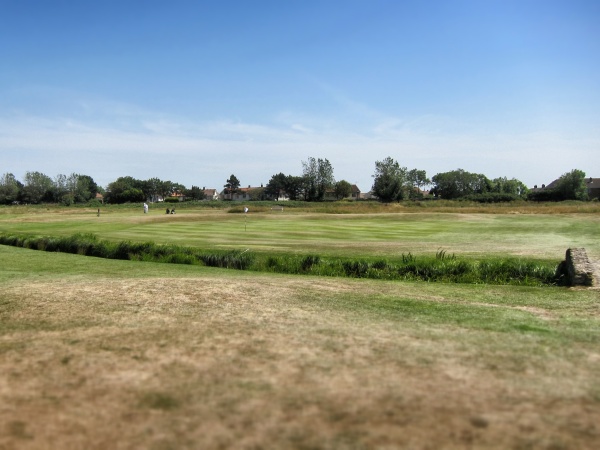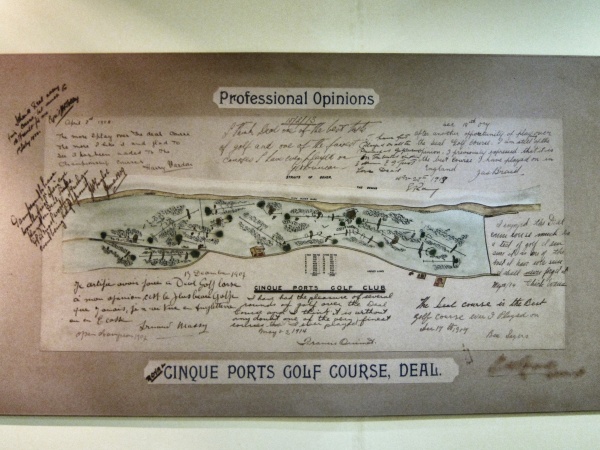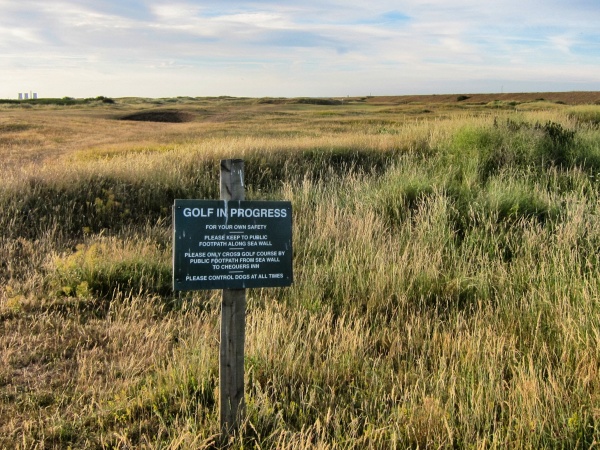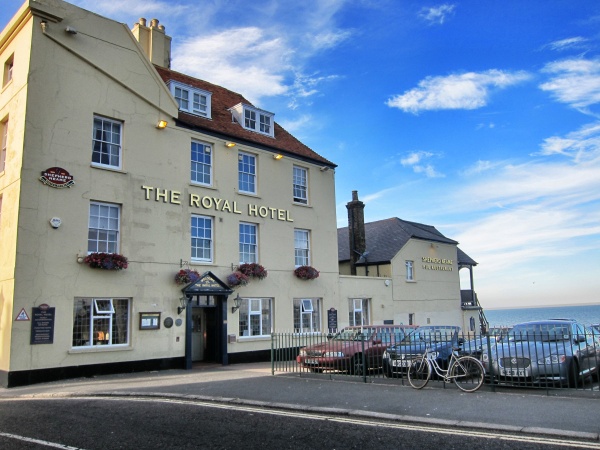Doug Ferguson's game story on the Monday news dump reminds us that Commissioner Tim Finchem said in February the tour was opposed to the new rule because there was no "overriding reason to go down that road."
And now we've gone down that road with his blessing!
Though judging by the intial poll results, not many of you buy into the idea of extending the use of anchored putters for the amateur game, as the tour suggested.
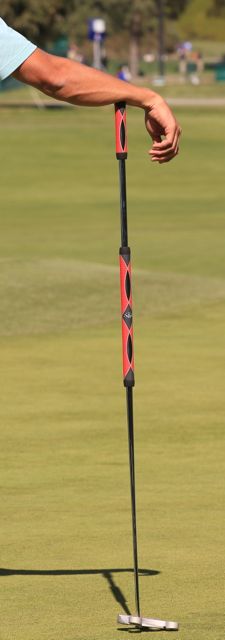 Jason Sobel feels the PGA Tour's announcement pointed to political maneuvering, but what that is remains murky.
Jason Sobel feels the PGA Tour's announcement pointed to political maneuvering, but what that is remains murky.
What can’t be argued is that there was indeed a political agenda at play here. Finchem is well versed in the strategies involved in such issues. He’s implemented them in the past with similar success and this matter was no different, as he planned three, four, five steps ahead at every checkpoint throughout the process.
It may not explain everything about this decision, but it does serve to explain how an organization that outwardly opposed an anchoring ban just a few months ago is voting in support of it this week.
Scott Michaux had less trouble interpreting the decision, saying "the tour couldn’t stop itself from sticking its nose in where it doesn’t belong and sounding pompous in the process."
It's a transparent attempt to strong-arm influence any future policy regarding equipment.
The tour clearly believes that the game and its millions of golfers around the world revolve around its hundreds of tour professionals.
I've pondered the press release for a few hours now and would conclude that Michaux has it right, with the caveat that there was also an element of face-saving in this awkward language that followed the policy board decision.
Finchem knew all along from the person he has on the USGA Rules committee that the proposed ban was going to happen, yet seems to behave as if he was surprised, prompting this absurd statement in the press release:
“It is not inconceivable that there may come a time in the future when the Policy Board determines that a rule adopted by the USGA, including in the area of equipment, may not be in the best interests of the PGA TOUR and that a local rule eliminating or modifying such a USGA rule may be appropriate."
Translation: we know from our representative on the ball and implement committee that you have a ball spec and overall distance standard rollback in mind and we can't make up our mind if we like that or not, so we'll mention something about the everyday game to show we care and to appease our friends at the PGA Of America who are opposed to any kind of distance regulation.
Which then makes this largely a blatant attempt to confuse those who are not aware of the amount of access the PGA Tour has to USGA/R&A deliberations...
“Having said that, we have been assured by the USGA that as we move forward we will have an open and effective communication process on a number of levels with the decision makers at the USGA,” Finchem added. “Importantly, this will include a direct communication between the Commissioner’s Office of the PGA TOUR and the USGA Executive Committee. Such a process will ensure that our position is fully and carefully considered and addressed in future rule making.”
Apparently the Commissioner's interactions with the USGA and R&A at the USGA Annual Meeting, PGA Show, Masters, International Golf Federation conference calls, World Golf Foundation/Hall of Fame/Players Championship meetings, Golf 20/20 meetings, First Tee gatherings, U.S. Open, Open Championship, PGA Championship and assorted other points during the first nine months of the year are not enough?
Good grief.
The USGA was asked for a comment on the PGA Tour press release and declined. Frankly, who can blame them?
Update on 2013-07-02 15:57 by Geoff
**Gary Van Sickle kicks off his always fun mailbag by taking issue with Tim Finchem's actions, writing that "Finchem and the Tour aren't there for the players. The players are there for Finchem and the Tour."
He played both sides of the fence. Like lawyers often do. Using words is just a game. You know, like the whole famous routine about the definition of the word, "is."
I'm not surprised. I know one thing about the PGA Tour: It talks a big game about how much it has raised for charity; its tournaments are a tremendous vehicle for community fundraising and, yes, they're working on their second billion. That is amazing. One of its old slogans was, "Anything's possible." There were dozens of feel-good commercials.
And then, when a player came along with a disability -- a withered leg, say -- and made it to the Tour, the Tour responded by trying to sue him into oblivion instead of making him the poster boy of hope and "Anything's Possible." Casey Martin needed a cart to play golf. He was a true underdog, a true feel-good story, and the courts upheld his right to use a cart in competition under the Americans with Disabilities Act (ADA).
So the PGA Tour didn't back up Martin, either. It talked the talk but didn't walk the walk. It fought him every step of the way and did everything it could to stop Martin. Jack Nicklaus and Arnold Palmer and others who should be embarrassed filmed depositions speaking out against Martin. Finally, against the advice of the Tour's legal experts, Finchem appealed the case to the Supreme Court. The justices sided with Martin, proving the Tour's lawyers finally got something right.
Finchem and the Tour aren't there for the players. The players are there for Finchem and the Tour.
Update on 2013-07-02 15:59 by Geoff
Update on 2013-07-02 18:58 by Geoff
**Garry Smits has the Florida Times-Union take including this reminder:
With the Tour accepting the ban on anchoring, a number of its stars will have 30 months to find another method of putting. The list includes Masters champion Adam Scott, current British Open champion Ernie Els, 2012 U.S. Open champion Webb Simpson, 2011 PGA champion Keegan Bradley and 2010 Players champion Tim Clark.
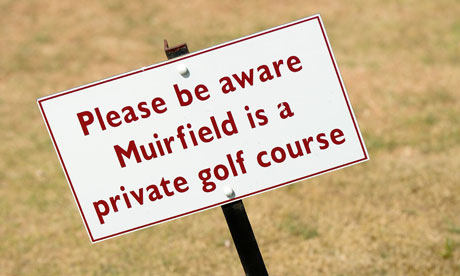 Ewan Murray says there is hypocrisy from all angles in the membership debate, while appearing to put down yesterday's Telegraph report that a change in club secretary will change things at Muirfield.
Ewan Murray says there is hypocrisy from all angles in the membership debate, while appearing to put down yesterday's Telegraph report that a change in club secretary will change things at Muirfield.






